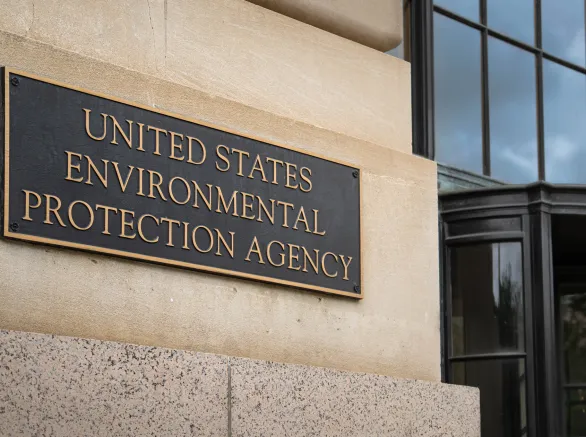September 25, 2018
It seems like lithium-ion batteries are everywhere these days. Over the past ten years, costs associated with lithium-ion batteries have fallen by a factor as high as four while performance has doubled. This has widened the opportunity for manufacturers to use them in everything from mobile phones and medical devices to drones and electric vehicles. While this is welcome progress, manufacturers of lithium-ion powered products must take several steps to ensure the safety, performance, and commercial viability of their end product.
First, manufacturers must understand how to optimize a lithium-ion battery's life cycle. Many factors contribute to the life cycle success of a battery and cell design including proper control and protection via the battery management system (BMS), the performance and integrity of the electrolyte, resistance to mechanical damage, and proper geometry and assembly to begin with. The integrity of components must be maintained over the life of the product; for example, failure of the environmental seal of the battery cell (either a polymer gasket or thin, heat-sealable laminate) by puncture or deterioration may let in atmosphere that will react with the materials in the cell and render it useless.
Lithium-ion batteries can fail for several reasons. A short circuit is a rare but often headline-making occurrence that can result in thermal runaway, fire, and the ejection of hot material and gases. Early loss of capacity, increased cell resistance, and swelling are more common and less critical events in a battery's end of life. Though battery/cell design and manufacture can play a role in such failures, a large number of failures, particularly for portable devices, can be attributed to mechanical abuse of the battery. Global standards organizations have developed several requirements for electrical and safety testing of lithium-ion batteries, however knowledge of potential failure modes is still growing as technology evolves.
Next, manufacturers of lithium-ion powered products should follow the shipping requirements outlined in the United Nations' Recommendations for Transport of Dangerous Goods. While they may not be legally binding on individual countries, they have gained a wide degree of international acceptance and form the basis of many international agreements and national laws. For example, lithium-ion batteries shipped by themselves (not installed or with a device) must ship at low states of charge to minimize the risk of fire.
Manufacturers must also adhere to regulatory standards established by the Institute of Electrical and Electronics Engineers, Underwriters Laboratory, and the International Electrotechnical Commission. It is important to note that advancements in battery technology have generally outpaced regulating bodies. Manufacturers who design lithium-ion batteries into their products should test beyond the current requirements to more fully characterize the risk posed by their battery/device design and to minimize future regulatory risk.
Finally, manufacturers must recognize that despite technological advances, the lithium-ion battery manufacturing process still could have manual, unautomated, and loosely controlled steps. While automation of the manufacturing process is not sufficient to prevent all manufacturing issues, it often results in lower variability and metrics for quality control/evaluation. Product manufacturers must have confidence in the rigor of electrical, mechanical, and environmental testing that a battery has undergone.
How Exponent Can Help
Manufacturers of lithium-ion powered products often partner with third parties to help them navigate the above complexities. Exponent alone offers its clients academic breadth with industrial depth combined with vast amounts of internal knowledge on battery failure modes. With ~50 Ph.D.-level battery experts globally and testing capabilities that range from medium volume to research level across the entire product life cycle, Exponent's breadth and depth of expertise are unparalleled.
